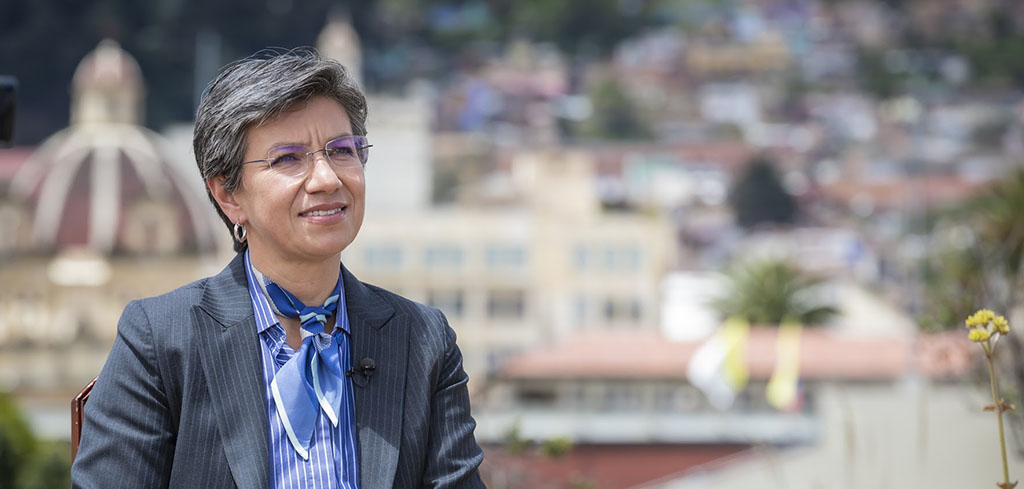By Claudia López, mayor of Bogotá
The advance of environmental degradation, coupled with the global trends that oppress, segregate and harm our communities, puts us in front of the fundamental reflection that permeates the Pact for the Future: it is no longer just about expanding the public sector, but about restructuring it.
Restructuring the public suggests placing the common goods, especially those essential for life, at the centre. Recognition by all that the commons that unite all people is the backbone of our societies, the opposite of appropriation, and what does not belong to a single person.
Putting the common goods at the center implies the need to rethink growth, development and progress from the points of view of redistribution, decentralization, the recovery of common essentials and the redefinition of care. There is a necessity to review and repair imbalanced power relations and empower communities, as well as adopt an appropriate financing and investment architecture, which can enable communities to access the resources and investments necessary to build their capacity to manage and protect common assets in a sustainable way.
To move towards a society that cares for us, we must change the way we see ourselves, and how we relate to each other and the planet. We need to understand our economic relationship not just in terms of GDP, but also by finding ways to connect sustainability, the finite nature of planetary resources, and the way to meet people’s needs.
The governance of the commons must be fundamentally different from how we govern ourselves today. We must co-create policies that protect and care for all populations. We need to understand how to provide social protection for all populations, including those who provide care, who are often women living and working informally. The common agenda, the protection of common goods, involves incorporating a feminist perspective into the way of governing them and governing ourselves. Where we find a place for care and for protecting our caregivers in our future decision-making processes will determine how we thrive as a global community.
This new way of governing ourselves involves being inclusive in decision-making, at all levels. We must include people, and local communities in the conversation about the dimensions of everyday life. This means co-creating and co-governing health, water, housing, care and social protection, together with the people whom these affect directly. We talk about attending to the specific needs and having the knowledge of the elderly, the young, and the indigenous populations. This implies rejecting the idea that certain elements, such as water, land, etc., are resources that can be used to obtain income and, therefore, exploited. It is a bold step that must be taken in relation to common goods.
Local governments cannot defend the commons on their own, and this is a reality we recognize. We need, more than ever, alliances between all spheres of government and with all actors to transform the decision-making process in a way that includes all people.
It is key to transform the current governance architecture into one that defends the commons, both in its local and global dimensions. We need to link different spheres of government and civil society to create alliances and ensure participation. We must recognize the co-responsibility between the public and private sectors to ensure equal participation in this process, paying special attention to bridging the gender, race, class, ability and age gaps that cross the current power dynamics. Only in this way can we create a fairer, more egalitarian world, where people are at its center and not profit.

